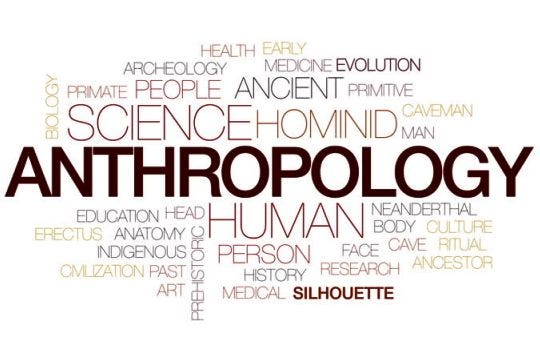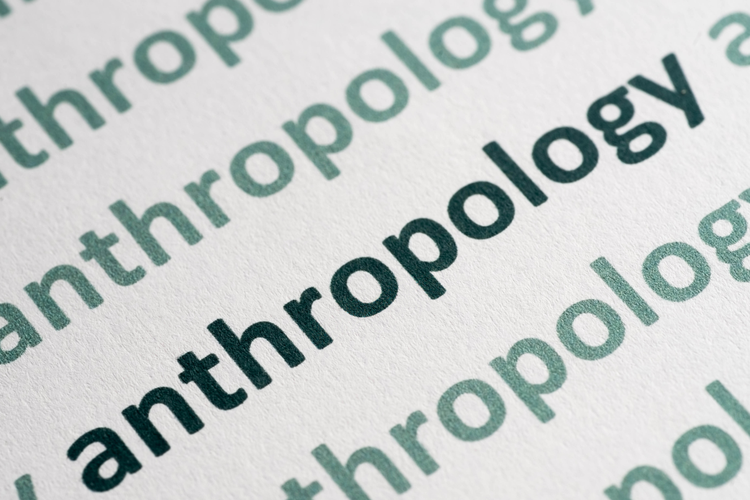
World Anthropology Day
World Anthropology Day is an annual celebration that honors the field of anthropology and its contributions to our understanding of human diversity and culture. Held on the third Thursday of February each year, this day serves as an opportunity to recognize the importance of anthropology in addressing global challenges and promoting cross-cultural understanding. In this article, we will explore the significance of World Anthropology Day, its origins, and the impact of anthropology on society.
Understanding Humanity: Commemorating World Anthropology Day

1. Understanding Anthropology
Anthropology is the study of human beings and their societies, past and present, in all their cultural and biological diversity. It encompasses four main subfields: cultural Anthropology, Archaeology, biological Anthropology, and Linguistic Anthropology. Through interdisciplinary approaches, anthropologists examine various aspects of human life, including social organization, beliefs, behaviors, and material.
2. Origins of World Anthropology Day
World Anthropology Day was established by the American Anthropological Association (AAA) to promote public awareness and appreciation of anthropology. The inaugural World Anthropology Day was celebrated in 2015 and has since grown into a global event, with participation from anthropologists, students, educators, and cultural institutions around the world.
3. Celebrating Cultural Diversity
Anthropology plays a crucial role in celebrating and preserving the diversity of human cultures. By Conducting Ethnographic research and engaging with communities worldwide, anthropologists document and analyze cultural practices, rituals, languages, and belief systems. This understanding fosters mutual respect and appreciation for different ways of life.
4. Advancing Global Understanding
Anthropology contributes to global understanding by Examining the Interconnectedness of societies and Addressing pressing issues such as globalization, environmental sustainability, health disparities, and social justice. Anthropologists collaborate with local communities and policymakers to develop culturally sensitive solutions to complex challenges.
5. Promoting Cultural Sensitivity
World Anthropology Day encourages individuals to reflect on their own cultural biases and prejudices while fostering empathy and cultural sensitivity towards others. Anthropologists advocate for inclusive and equitable practices that respect the rights and dignity of all individuals, regardless of their cultural background.
6. Engaging Future Generations
World Anthropology Day provides an opportunity to engage with students and educators, inspiring future generations of anthropologists. Through workshops, lectures, exhibitions, and outreach programs, anthropologists share their passion for cultural diversity and encourage students to explore careers in anthropology.
Conclusion situs slot yang resmi
World Anthropology Day celebrates the richness and complexity of human cultures and Underscores the importance of Anthropology in Promoting global understanding and cooperation. By embracing diversity and fostering cultural sensitivity, Anthropology has the power to bridge divides and create a more inclusive and harmonious world. Let us join hands in celebrating World Anthropology Day and Honoring the invaluable contributions of anthropologists to our shared humanity.
World Anthropology Day provides an opportunity to Showcase the Relevance of Anthropology in Addressing contemporary global challenges.
From climate change and environmental sustainability to social inequality and cultural Preservation, Anthropologists play a vital role in understanding and addressing these issues through their research, advocacy, and community engagement efforts.
Moreover, the day promotes cultural sensitivity, empathy, and respect for diverse ways of life.
Read More Article About “World Radio Day: Amplifying Voices, Bridging Communities”
1. Promoting Cultural Awareness
One of the primary impacts of World Anthropology Day is its ability to promote cultural awareness and appreciation. Anthropologists play a crucial role in documenting and preserving diverse cultural practices, languages, and traditions. By celebrating anthropology, this day encourages individuals to explore and embrace the richness of global cultures, fostering respect and understanding for cultural diversity.
2. Advancing Global Understanding
World Anthropology Day contributes to advancing global understanding by promoting dialogue and cooperation among diverse communities. Anthropologists study the complexities of human societies, addressing global challenges such as climate change, migration, and social inequality. Through interdisciplinary research and collaboration, anthropology provides insights into the interconnectedness of global issues, fostering empathy and solidarity across borders.
3. Bridging Divides Through Education
Education plays a key role in the impact of World Anthropology Day. Through workshops, lectures, and outreach programs, anthropologists engage with students and the wider public, inspiring curiosity and critical thinking about human cultures. By sharing their research and expertise, anthropologists empower individuals to challenge Stereotypes and Prejudices, Promoting Inclusivity and social justice.

4. Empowering Local Communities
World Anthropology Day highlights the importance of community engagement and empowerment. Anthropologists work closely with local communities to address their needs and concerns, advocating for culturally sensitive and sustainable solutions. By amplifying the voices of marginalized groups and respecting indigenous knowledge, Anthropology Empowers communities to preserve their heritage and shape their own futures.
5. Inspiring Future Generations
World Anthropology Day inspires future generations of Anthropologists and global Sitizens. By Showcasing the diverse career opportunities in anthropology, this day encourages students to pursue studies in the field and make meaningful contributions to society. Through mentorship and hands-on experiences, aspiring anthropologists gain valuable skills and insights that prepare them to address pressing global challenges.
Global Accessibility:
English serves as a universal language, facilitating communication and understanding among people from diverse linguistic backgrounds. By utilizing English, World Anthropology Day events, resources, and discussions can reach a broader global audience, transcending linguistic barriers and fostering international participation and collaboration.
Promoting International Exchange:
English proficiency is widespread across different regions and countries, making it easier for anthropologists and enthusiasts worldwide to share their research findings, insights, and experiences during World Anthropology Day. This promotes cross-cultural dialogue, knowledge exchange, and collaboration among anthropological communities worldwide.
Enhancing Visibility and Impact:
English is the dominant language in academic publishing, conferences, and online platforms. By using English for World Anthropology Day activities and communications, organizers can enhance the visibility and impact of their initiatives, attracting attention from a wider audience, including scholars, policymakers, students, and the general public.
Conclusion
World Anthropology Day celebrates the Transformative impact of Anthropology on understanding human diversity and promoting global cooperation. By fostering cultural awareness, advancing global understanding, and empowering communities, Anthropology contributes to building a more inclusive and sustainable world. As we commemorate World Anthropology Day, let us reaffirm our commitment to Embracing cultural diversity and working together towards a more just and equitable society.
Read More Article About “World Radio Day: Amplifying Voices, Bridging Communities“








